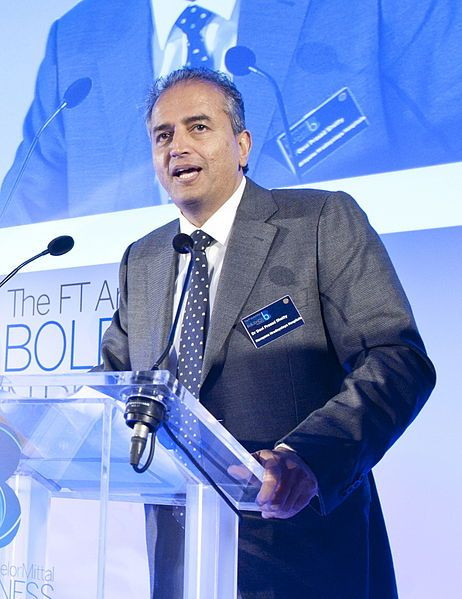Heart Surgery For $1,583: Indian Cardiac Surgeon Devi Shetty Calls High U.S. Prices 'Opportunistic'

Will heart surgery ever be an affordable procedure available for everyone, everywhere?
The answer is yes — if you trust Devi Shetty, an Indian heart surgeon and businessman who recently started Naryana Health, where artery-clearing coronary bypass surgery goes for 95,000 rupees, or about $1,583. The price is about half of what it was in India 20 years ago, and about one and half percent of the U.S. price tag.
At Ohio's Cleveland Clinic, for example, the same procedure will run you about $106,385.
Bloomberg reports that by trimming unnecessary expenses, Shetty's chain of medical centers are able to offer heart surgery at a fraction of the usual prices. The secret to lower prices? Cheaper scrubs and limited air-conditioning.
"The current price of everything that you see in health care is predominantly opportunistic pricing and the outcome of inefficiency," said Shetty, adding that even his own prices will be driven down further. In a decade, he wants to offer the coronary bypass surgery for a mere $800.
Cheaper Heart Surgery: A Global Responsibility?
Medical experts like Srinath Reddy, president of the World Heart Federation, are eager to see how Shetty's revolutionary business model will impact healthcare systems worldwide.
"It shows that costs can be substantially contained," he told reporters. "It's possible to deliver very high quality cardiac care at a relatively low cost."
In developing countries, such a significant decrease in prices may change the way most people think about healthcare, as it illuminates an entirely new spectrum of options for sick members of the poor working class. Shetty's prices may be perceived as absurdly low by Americans who understand $1,500 as a few months' worth of rent; however, more than two thirds of the Indian population subsists on less than $2 a day, and about 86 percent of all health costs are out-of-pocket.
While the wages and living conditions have remained largely the same, the Indian subcontinent has experienced other changes that will eventually demand increased access to sophisticated care.
"There has been fast urbanization in India that's brought with it a change in dietary patterns and lifestyle," said Usha Shrivastava, head of public health at the National Diabetes, Obesity and Cholesterol Foundation. "It's leading to this huge jump in cardiovascular disease."
Heart Surgery Could Be Cheaper Everywhere
Shetty cites a number of different ways in which healthcare providers can drive down vertiginous costs. Besides stripping facilities of inessential amenities, money can be saved by eschewing unnecessary pre-op testing.
When a European company refused to lower their price of surgical gowns, Shetty commissioned a group of young entrepreneurs in Bangalore to manufacture and sell a similar product 60 percent cheaper. As more and more Asian manufacturers and entrepreneurs enter the medical technology market, the costs for CT scanners and MRIs may be subject to a similar decrease.
"Global health-care costs are rising rapidly and as countries move toward universal health coverage, they will have to face the challenge of providing health care at a fairly affordable cost," said Reddy.
Perhaps the U.S. could benefit from similar strategies.



























